Essential Guidelines for PTC Switch Usage and Maintenance
Learn about the key practices for using and maintaining the PTC Switch with DXM's comprehensive guidelines. As an industry leader, we ensure optimal performance and safety of your PTC thermal switch. Our insights cover proper installation, regular maintenance checks, and troubleshooting tips, helping you enhance sustainability and efficiency in your operations. Boost your system's reliability and extend its lifespan with DXM's expert recommendations tailored to PTC Resistors. Trust DXM for excellence in thermal switch technology.
- Key Precautions for PTC Switch Operation
- 1. Operating Within PTC Switch Specifications
- 2. Environmental Considerations for PTC Resistors
- Proper Handling and Maintenance of PTC Resistors
- 1. Cleaning Techniques for PTC Switch
- 2. Soldering Best Practices
- 3. Coating and Potting Considerations
- 4. Optimal Storage Conditions
- Advanced Applications of PTC Switch
- 1. Overcurrent Protection
- 2. Temperature Sensing and Control
- 3. Self-Regulating Heating Elements
- Troubleshooting Common PTC Switch Issues
- 1. Resistance Drift
- 2. Slow Response Time
- 3. Intermittent Operation
- Future Trends in PTC Switch Technology
- 1. Miniaturization
- 2. Enhanced Temperature Stability
- 3. Integration with IoT Devices
- Frequently Asked Questions about PTC Switch
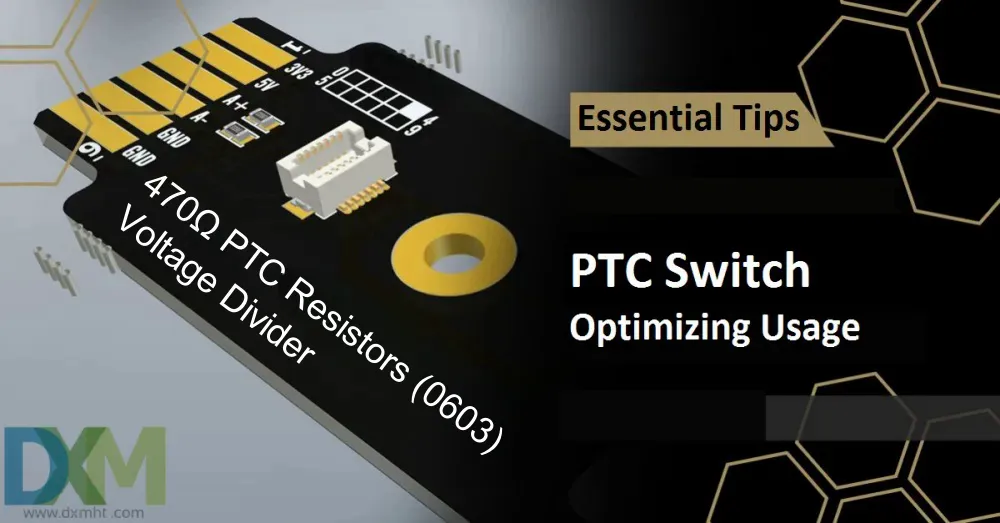
PTC Switch is critical component of PTC Resistors in various electronic applications. Understanding their proper use and maintenance is crucial for optimal performance and longevity. This guide delves into the essential aspects of handling PTC thermal switch, from usage precautions to storage recommendations.
Key Precautions for PTC Switch Operation
When working with PTC Switches, it's vital to adhere to specific guidelines to prevent short circuits, burning accidents, or component failure. Here are the primary considerations:
1. Operating Within PTC Switch Specifications
Never exceed the maximum working current or voltage specified for your PTC Switch. Operating beyond these limits can lead to device failure or safety hazards.
2. Environmental Considerations for PTC Resistors
Avoid using or testing PTC Resistors in water, oil, or flammable explosive gases. These environments can compromise the integrity and functionality of the component.
Proper Handling and Maintenance of PTC Resistors
To ensure the longevity and reliability of your PTC thermal switch, follow these guidelines for cleaning, soldering, and storage:
1. Cleaning Techniques for PTC Switch
Use appropriate cleaning agents such as Freon, trichloroethane, or tetrachloroethylene mild detergent for PTC Resistors. Ultrasonic cleaning is also effective, but be cautious as some detergents may affect the thermistor's performance.
2. Soldering Best Practices
Proper soldering techniques are crucial to prevent damage from excessive heating. Adhere to these specifications:
Remember, improper soldering conditions can alter the resistance value of your PTC thermal switch.
3. Coating and Potting Considerations
When applying coatings or potting materials to PTC Switches, be mindful of mechanical stress caused by thermal expansion. Use chemically neutral materials and avoid exceeding the PTC Thermistor's maximum temperature during the curing process.
4. Optimal Storage Conditions
While PTC Resistors have no strict time limits for storage, maintaining proper conditions is crucial:
- Store in a non-corrosive atmosphere
- Monitor humidity and temperature
- Use appropriate container materials
- Keep components in original packaging when possible
Proper storage preserves the solderability and overall performance of PTC Switches.
Advanced Applications of PTC Switch
PTC Switches find applications in various industries due to their unique properties. Some advanced uses include:
1. Overcurrent Protection
PTC Resistors excel in protecting circuits from overcurrent situations. Their ability to rapidly increase resistance in response to temperature rise makes them ideal for this purpose.
2. Temperature Sensing and Control
In HVAC systems and automotive applications, PTC thermal switches play a crucial role in maintaining optimal temperatures and preventing overheating.
3. Self-Regulating Heating Elements
PTC Switches are used in self-regulating heating applications, such as automotive mirrors and seats, providing efficient and safe heating solutions.
Troubleshooting Common PTC Switch Issues
Even with proper care, PTC Resistors may encounter issues. Here are some common problems and solutions:
1. Resistance Drift
If you notice unexpected changes in resistance, check for exposure to extreme temperatures or mechanical stress. Recalibration may be necessary.
2. Slow Response Time
A decrease in response time could indicate contamination or aging. Clean the PTC thermal switch carefully and consider replacement if issues persist.
3. Intermittent Operation
Check for loose connections or solder joints. Ensure the PTC thermal switch is properly seated and free from mechanical stress.
Future Trends in PTC Switch Technology
The field of PTC Resistors continues to evolve. Here are some emerging trends:
1. Miniaturization
As electronic devices become smaller, there's a growing demand for more compact PTC Switches without compromising performance.
2. Enhanced Temperature Stability
Research is ongoing to develop PTC thermal switches with improved stability across wider temperature ranges.
3. Integration with IoT Devices
PTC Resistors are being integrated into IoT devices for smart temperature management and predictive maintenance applications.
Frequently Asked Questions about PTC Switch
Q: What is the typical lifespan of a PTC Switches?
A: The lifespan of a PTC Switches can vary depending on usage conditions, but with proper handling and operation within specified parameters, they can last for many years. Regular inspection and maintenance can further extend their operational life.
Q: Can PTC Resistors be used in high-voltage applications?
A: While PTC Switches are versatile, their use in high-voltage applications depends on their specific design and ratings. Always consult the manufacturer's specifications and consider using specially designed high-voltage PTC Resistors for such applications.
Q: How do environmental factors affect PTC Switch performance?
A: Environmental factors like humidity, temperature extremes, and chemical exposure can significantly impact PTC switch performance. It's crucial to choose PTC Resistors rated for your specific environmental conditions and to provide adequate protection when necessary.
Q: Are there any alternatives to PTC Switches for similar applications?
A: While PTC Switches are unique in their self-regulating properties, alternatives for specific applications might include NTC thermistors, bimetallic switches, or solid-state relays. The choice depends on the specific requirements of your application.
For more details on advanced PTC Switch applications and technologies, explore our comprehensive range of PTC thermal switches and PTC Resistors. Stay updated on the latest innovations to enhance performance and reliability in your electronic devices. Discover solutions tailored to your needs.
Author: Ivan Huang
© 2024 DXM Blog. All rights reserved.
Recommended for you
Ceramic Resistor: High-Performance for Automotive Surge Protection
The Ultimate Guide to Electrical Components and Component Manufacturers
Understanding the Role of the PTC Thermistor Formula in Electronics
220nF Capacitor: Key Component in Modern Electronics Design
Capacitor Impedance Calculator
SMD Meaning: Guide for Professionals in Electronics
Customized Services
Free sample availability
You can contact our representative via email, fax or phone to specify the sample you need and provide your courier's account number (such as UPS, FedEx, DHL, TNT, etc.).. And we’ll send you samples free of charge through your courier by freight collection.
Logistics
Can I change my shipping address?
Yes, you can contact our customer service team to modify the delivery address before order confirmation to ensure that the order can be accurately delivered to the address you specify.
Is your logistics and distribution service reliable?
Yes, we cooperate with a number of well-known logistics companies to ensure the timeliness and reliability of logistics and distribution services and provide you with a satisfactory distribution experience.
Shipment
1)Small order quantity and small packing:cargo may be arranged by courier;
2)Bulk order and big volume:shipment may be arranged by sea or by air as per customer’s requirements on FOB, C&F,CIF or LCL terms and do prompt shipment which is very important for our customers, so we do this matter seriously and we may arrange our shipment in time due to our rich experiences in this line. We may also accept the shipment on the term of freight prepaid or freight collect.
Price and Payment
Do you offer bulk purchase discounts?
Yes, we offer bulk purchase discounts; the specific discount rate depends on the order quantity and cooperation method.
You may also like
KTY83-110 Sensor with Silicon Glass Thermistor
High Precise NTC Sensors for Temperature Measurement and Control
WMZ12A 75S PTC Thermistors for Over-Current and Over-Load Protection
SMD Sensors: Advanced Temperature Sensing Excellence
PTC SMD Thermistor: Cutting-Edge Temperature Sensing Technology
KTY81-210 KTY Sensor: Reliable and Precise Temperature Monitoring for Various Applications
Heat Sensors for sensing temperature-NTC-MF52D series
NTC 5D-15 Thermistor for limitting inrush current
Get in Touch
Discover premium thermistors, sensors, and resistors tailored to your needs.Our dedicated team of experts is available to assist with product selection, technical queries, and after-sales service. Contact us for custom solutions and experience exceptional customer support.
© 2024 DXM | Designed by gooeyun

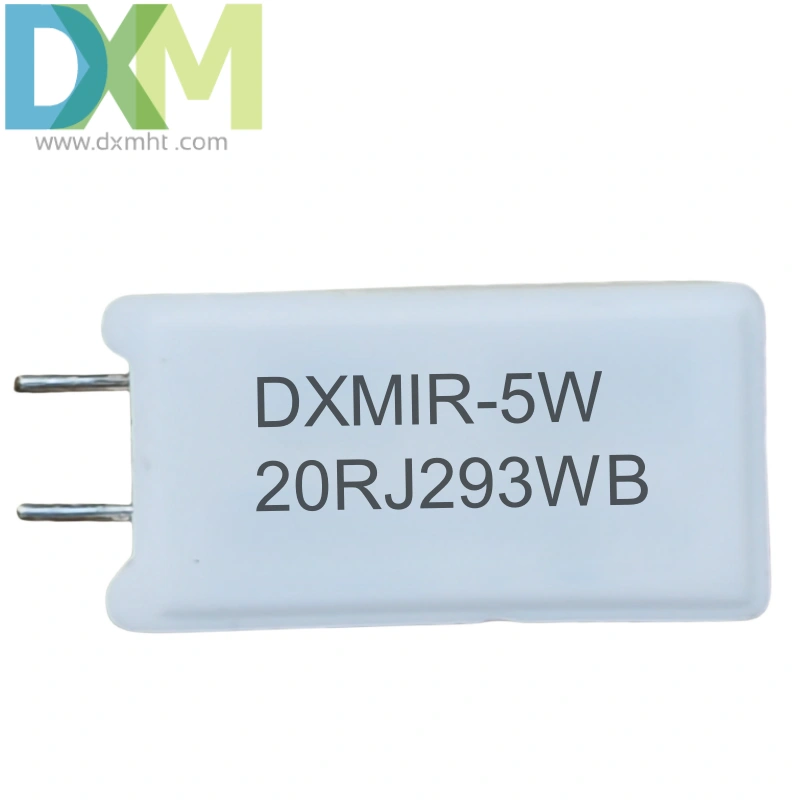

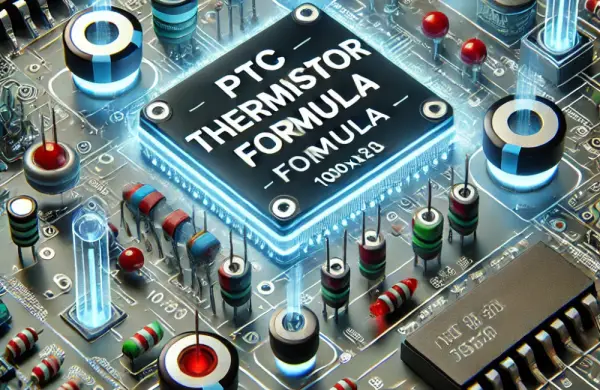
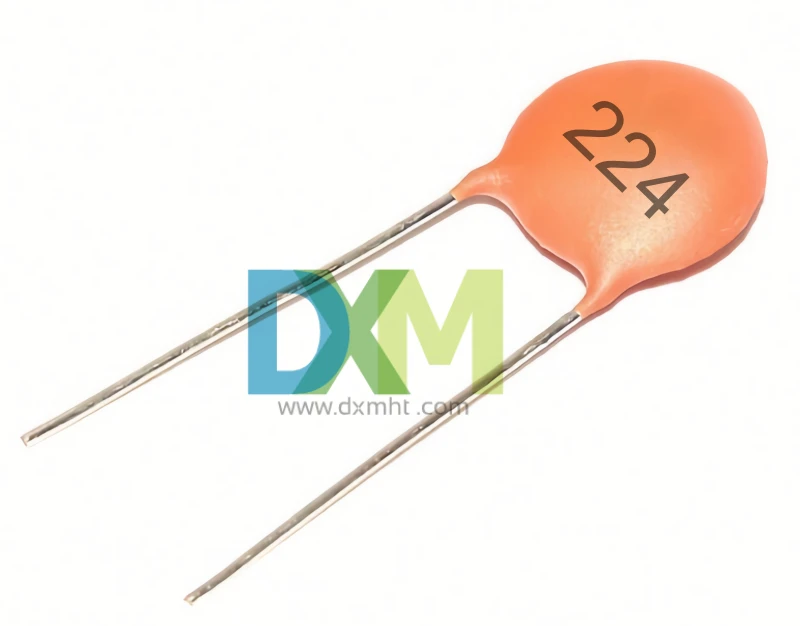
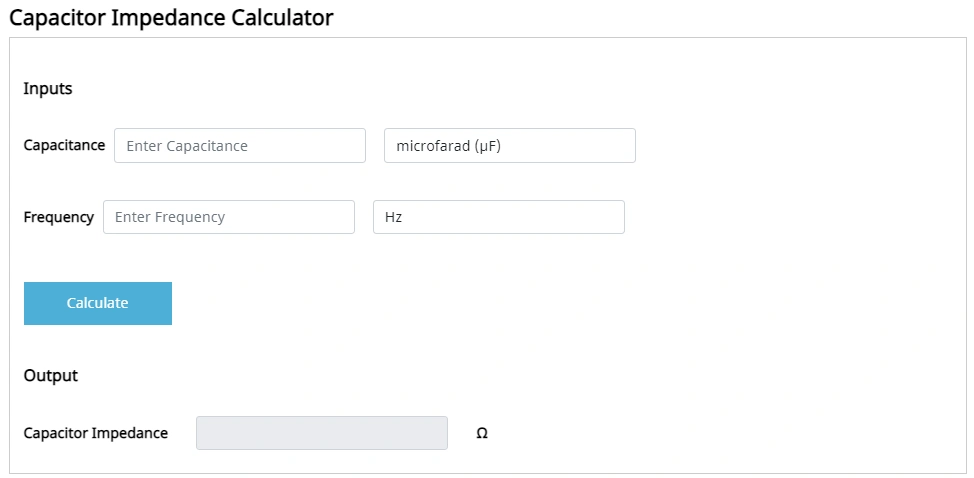
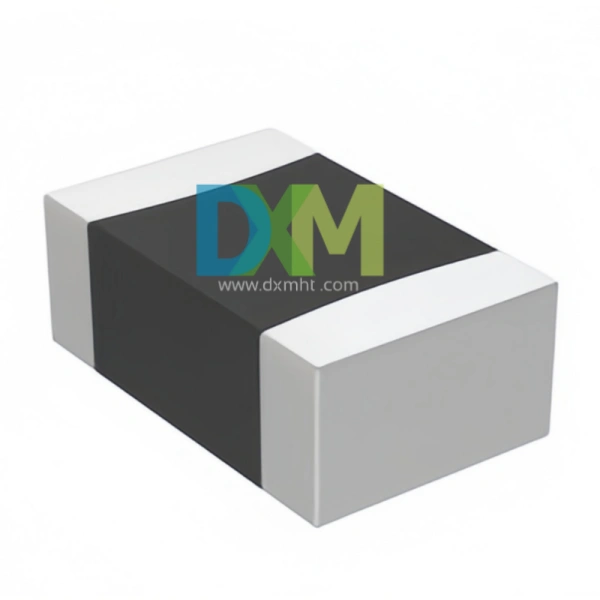

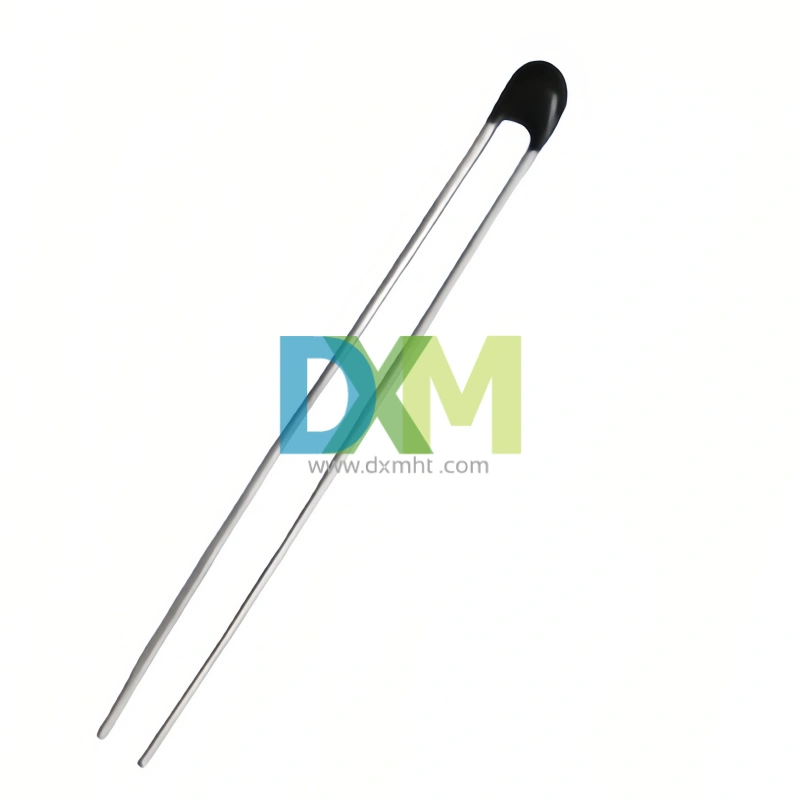
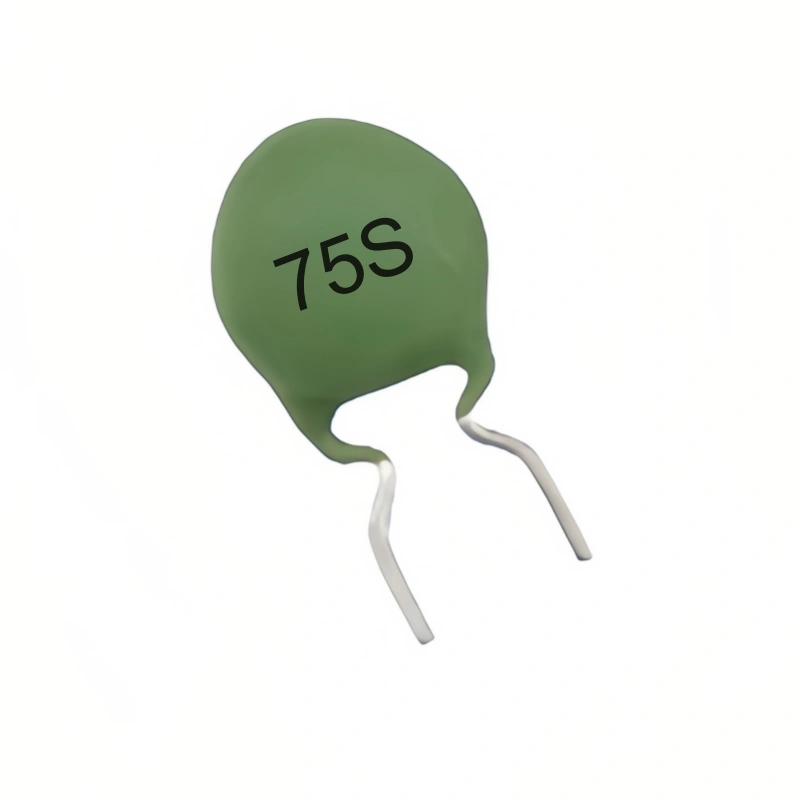
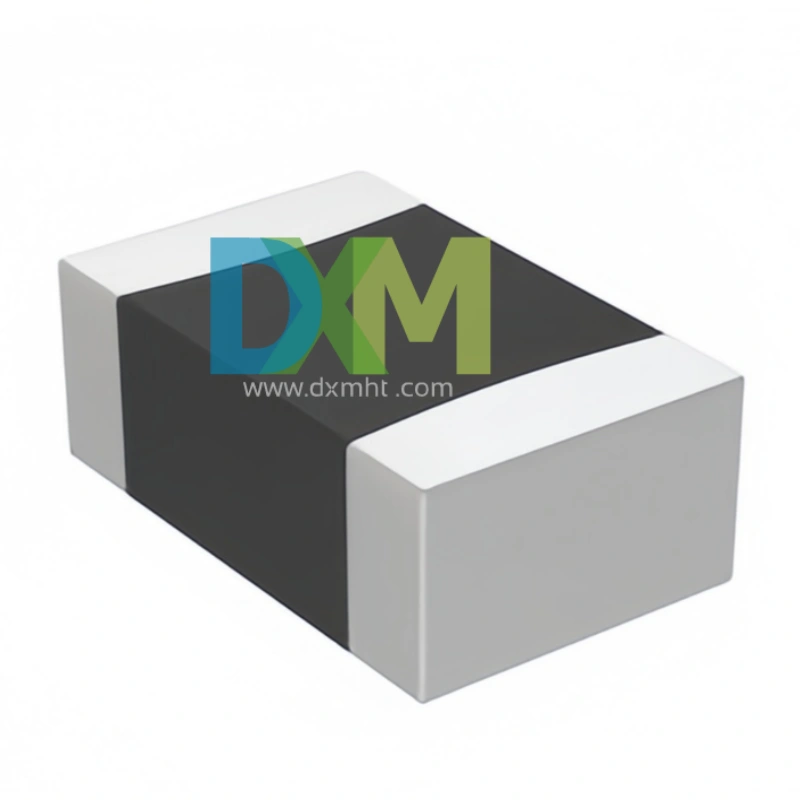
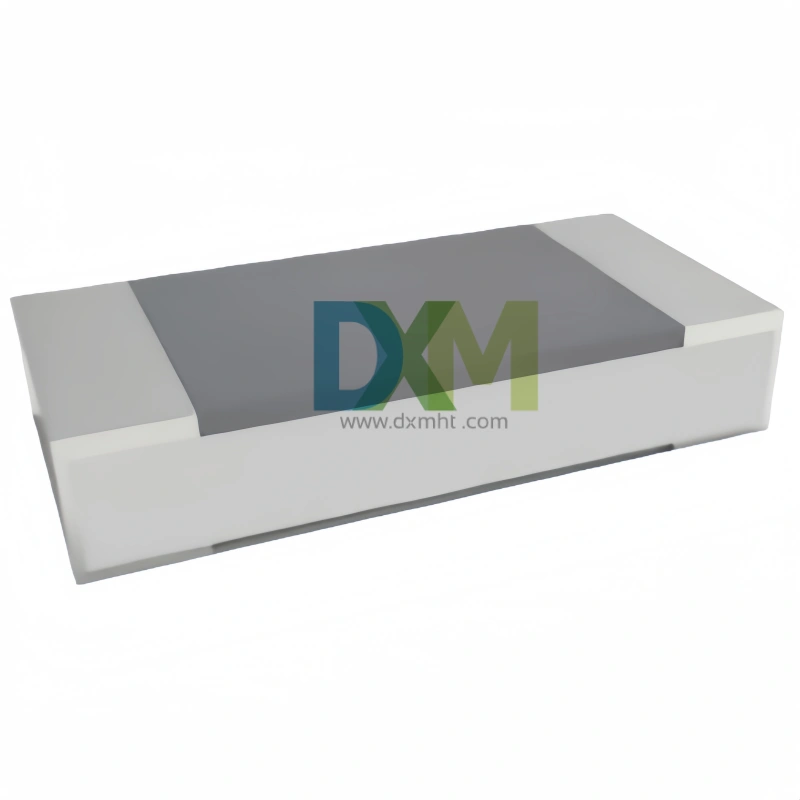
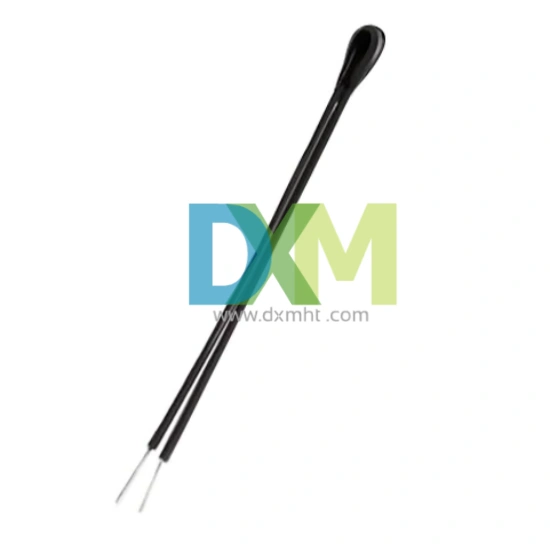

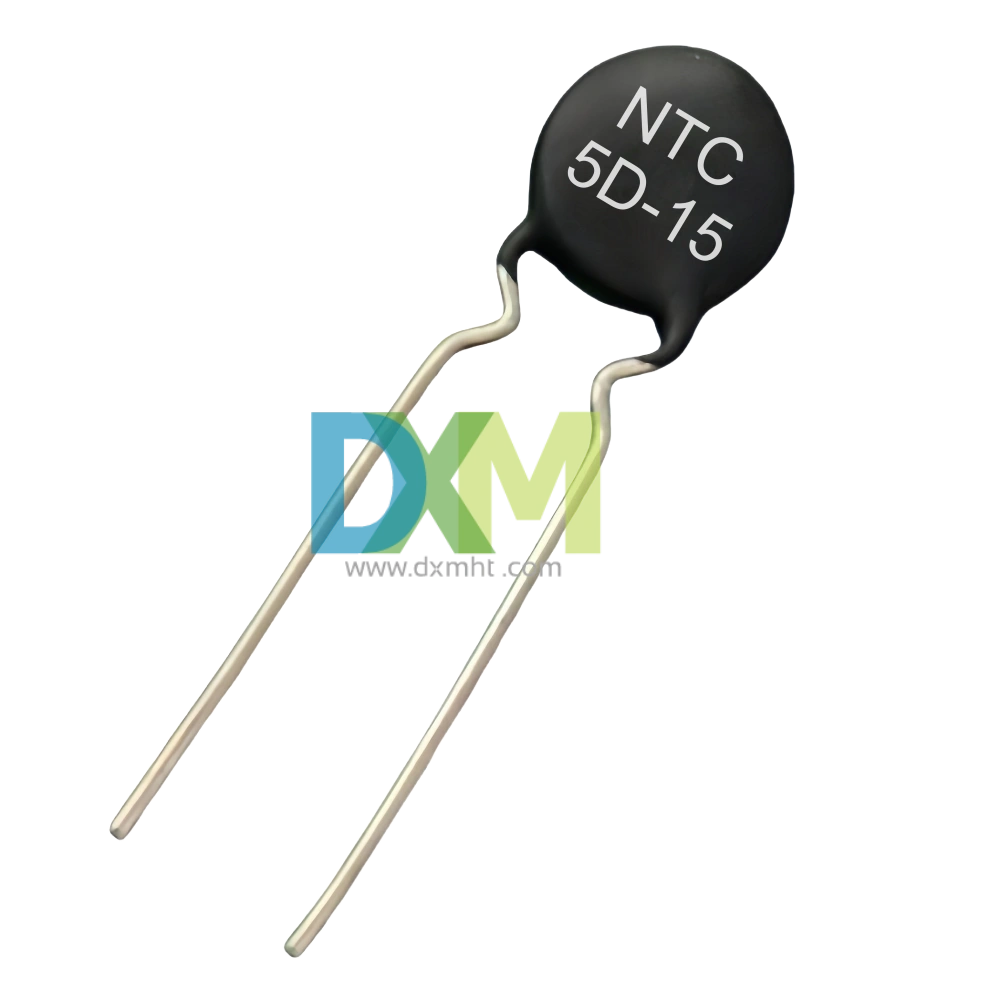
 Scan QR Code
Scan QR Code
Scan QR Code
Whatsapp: +8618927361658
Shenzhen DXM Technology Co., Ltd.
DXM PTCNTC
Shenzhen DXM Technology Co., Ltd